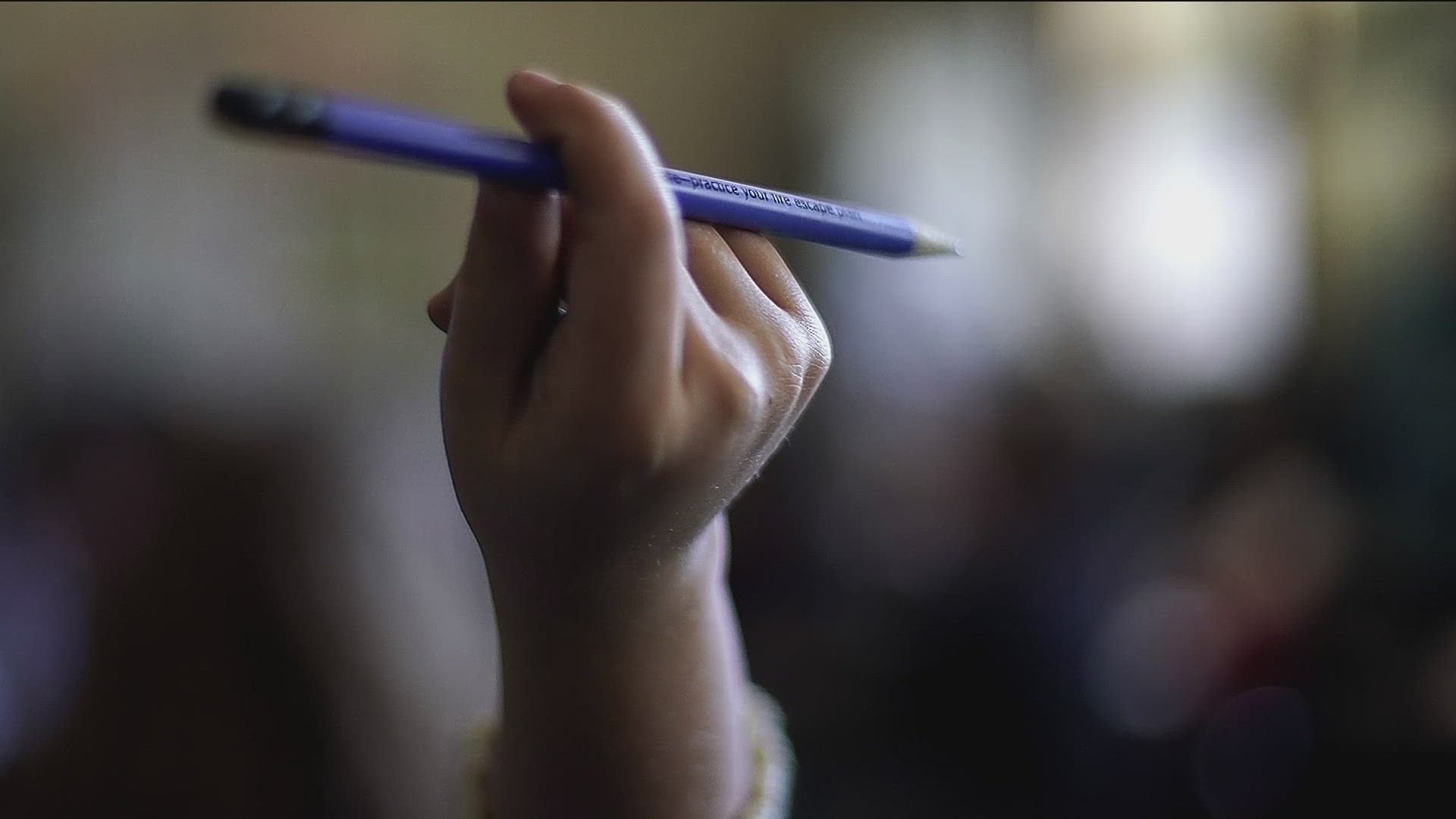ATLANTA — Researchers at Georgia State University are doing a deep dive into efforts to help students recover from the learning lost due to the COVID-19 pandemic.
GSU’s Georgia Policy Labs is using a $1.85-million dollar grant from the U.S. Department of Education to crunch numbers and speak to both students and educators about their experiences.
For one of the lead people working on the project, this is personal. She’s the mom of a second grader who felt the impact of remote learning.
“For him and a lot of other children, they missed out on some really formative experiences, socializing with their peers,” Maggie Reeves, Senior Director of the Georgia Policy Labs, said.
The study will focus on recovery efforts in Clayton, Dekalb, and Fulton County. Findings will be shared with school districts across the state.
Researchers already know that math scores have suffered the most, dropping 10 to 15 percentage points among some elementary school students.
Middle schoolers have recovered faster.
“Moving forward, remote learning is going to be part of the educational landscape undoubtably,” Tim Sass, a Georgia State Professor of Economics, said. “We want to try to understand, was it different teachers doing a better job of remote learning than others? Or was it the home environment?”
The student experience at school and at home will be part of the study.
“Did they have help at home during home learning?” Reeves said. “Did they have to move during the pandemic? Did they have deaths in their family, or were they evicted?”
Federal grants for some pandemic-related programs are about to run out. The study will help guide where school districts should focus funding in the future. One district in Georgia has offered virtual tutoring without much response.
“Fewer than 20% of the students even logged in once, and among those, only a small portion used it on a regular basis?” Sass said.
Maggie Reeves realizes the impact her work could have on her son and other students across Georgia.
“There are a lot of children still struggling, and if we don’t continue to rally around them, those struggles aren’t going away,” Reeves said.
Georgia State has a webpage where you can find details on what researchers have discovered so far.

